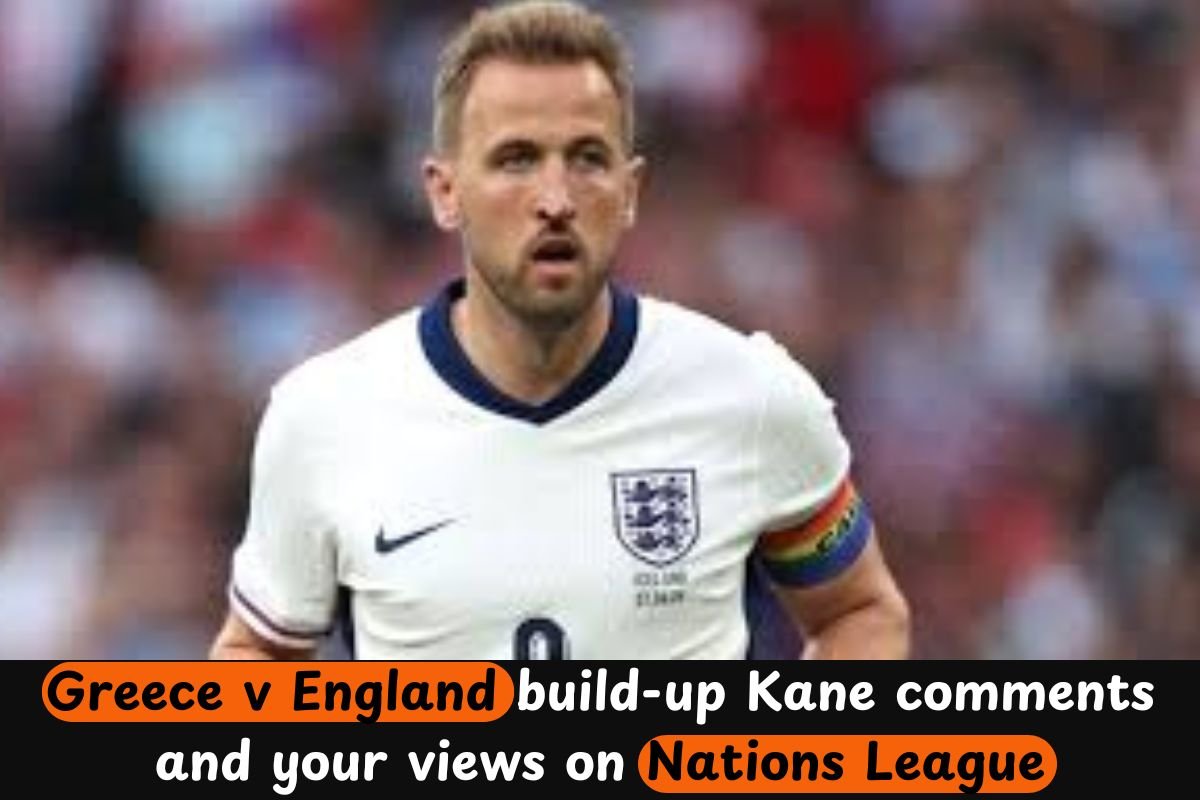Greece
The Nations League, now in its third edition, has sparked both excitement and controversy, offering teams a competitive platform between the rigours of World Cup and European Championship qualification campaigns. As we look ahead to the upcoming clash between Greece and England, there are many intriguing storylines to explore: from Harry Kane’s comments about his role in the team, to the larger implications of this match within the context of the Nations League.
The Nations League: A Platform for Growth or a Distraction?
The Nations League was conceived to address the problem of meaningless international friendlies, replacing them with competitive fixtures that hold genuine value. For teams like England, it offers a rare chance to test themselves in highly competitive, low-stakes environments between major tournaments. On paper, the format is designed to keep teams sharp and ensure that teams that might not have the exposure of larger footballing nations still get the opportunity to compete at a high level.
However, the competition’s role is often debated. Critics argue that it’s another way to add to an already packed international schedule, potentially leading to fatigue and injury for players. The stress of constant fixtures, paired with the demands of domestic leagues, is a growing concern. With some nations taking the Nations League more seriously than others, there’s a sense that the competition’s prestige is still developing.
For England, the Nations League provides an opportunity to continue their competitive momentum following the highs of the 2018 World Cup and their Euro 2020 semi-final appearance. However, the stakes feel different when compared to major tournaments. While qualification for the next Euros is important, the League A fixtures have more of an experimental air, allowing managers to make tactical adjustments and assess squad depth.
Greece vs. England: A Crucial Fixture
As England head to Greece, the match is significant for more than just points in the Nations League group stages. For England’s manager, Gareth Southgate, it’s another test of the tactical evolution of his team. The squad he’s built has shown steady improvement, but there are still questions about its ability to break down lower-ranked sides or perform under pressure in away games. Greece, traditionally a solid and resilient side, will not make it easy for the English to impose their attacking game, meaning Southgate’s side will need to be disciplined and creative in breaking down a well-organized Greek defense.
Greece, on the other hand, will view this fixture as a chance to build on their competitive edge. Having failed to qualify for major tournaments recently, they’ve been in rebuilding mode. A strong performance against a team like England could signal a return to prominence for a nation that once captured the European Championship in 2004. Greece may not have the same star power as England, but they’re never an easy side to break down, particularly on home soil.
Harry Kane: The Leader’s Role
Harry Kane has been the cornerstone of England’s attack for nearly a decade. Recently, he has made headlines with his comments on his evolving role within the team. The Tottenham striker, now with Bayern Munich, has been candid about the need for England to evolve their style of play, particularly as they move away from reliance on individual brilliance to a more collective, fluid approach. Kane’s leadership qualities have been underlined as one of the key factors behind England’s recent success, and his vision of an evolving attacking strategy reflects a deeper understanding of the team’s development.
Kane’s comments also underscore the pressure he faces: balancing the need to score goals, be the focal point of England’s attack, and support the development of younger talents around him. With the emergence of other attacking talents like Bukayo Saka, Phil Foden, and James Maddison, Kane’s role may become less about carrying the team and more about creating opportunities for others. His evolving mentality could be the key to unlocking England’s potential and ensuring that they transition from a team heavily reliant on Kane to a more dynamic attacking force.
In the context of the Nations League clash with Greece, Kane’s leadership will be crucial. Not only will he be expected to find the back of the net, but he will need to guide his teammates through a tactical battle where patience and composure will be essential.
Final Thoughts: Nations League’s Role in Shaping Future Success
The Nations League is more than just another set of fixtures for national teams—it’s an opportunity to build for the future. For England, the upcoming match against Greece serves as a reminder of how far they’ve come under Southgate’s management, but also how much further they still need to go.
Also Read:>Nations League build-up & latest football news

